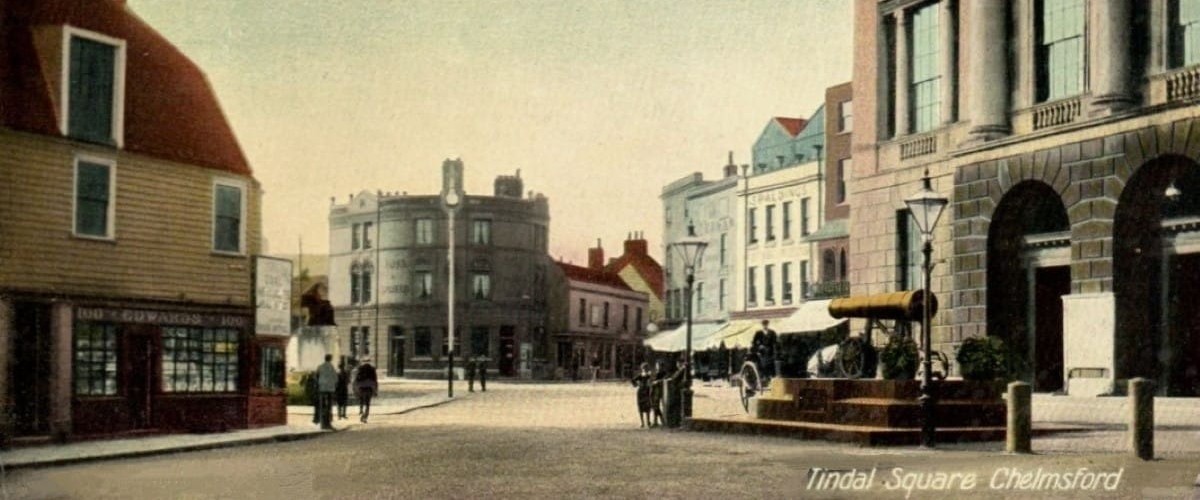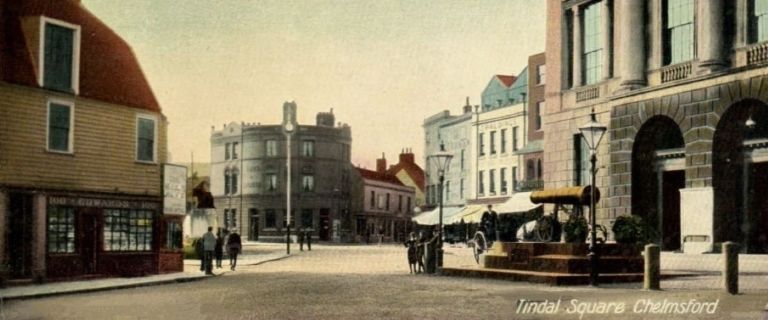
Had you considered the potential of licensing your archive to third parties? The team at Historic Records has decades of experience of working with libraries, archives and individuals to help them make the most of their assets, and we also license millions of records to all of the major family history websites. We are therefore very well-placed to advise on the potential that licensing offers.
Never forget that these are your records, and never lose control. The family history market is worth millions of pounds and interest in family heritage shows no sign of slowing down. These days there are arguably household name family history websites which, between them, have been successful in helping people re-connect with their ancestors. But which of those websites, if any, would be right for you? What are the advantages and disadvantages of each and, for that matter, how much could you expect to earn in revenue from those scrolls, books, ledgers and photos sitting in fastidiously catalogued archival boxes in your temperature-controlled storeroom?
For an informal licensing chat with the experts, get in touch today.

Had you considered the potential of licensing your archive to third parties? The team at Historic Records has decades of experience of working with libraries, archives and individuals to help them make the most of their assets, and we also license millions of records to all of the major family history websites. We are therefore very well-placed to advise on the potential that licensing offers.
Never forget that these are your records, and never lose control. The family history market is worth millions of pounds and interest in family heritage shows no sign of slowing down. These days there are arguably household name family history websites which, between them, have been successful in helping people re-connect with their ancestors. But which of those websites, if any, would be right for you? What are the advantages and disadvantages of each and, for that matter, how much could you expect to earn in revenue from those scrolls, books, ledgers and photos sitting in fastidiously catalogued archival boxes in your temperature-controlled storeroom?
For an informal licensing chat with the experts, get in touch today.

Had you considered the potential of licensing your archive to third parties? The team at Historic Records has decades of experience of working with libraries, archives and individuals to help them make the most of their assets, and we also license millions of records to all of the major family history websites. We are therefore very well-placed to advise on the potential that licensing offers.
Never forget that these are your records, and never lose control. The family history market is worth millions of pounds and interest in family heritage shows no sign of slowing down. These days there are arguably household name family history websites which, between them, have been successful in helping people re-connect with their ancestors. But which of those websites, if any, would be right for you? What are the advantages and disadvantages of each and, for that matter, how much could you expect to earn in revenue from those scrolls, books, ledgers and photos sitting in fastidiously catalogued archival boxes in your temperature-controlled storeroom?
For an informal licensing chat with the experts, get in touch today.